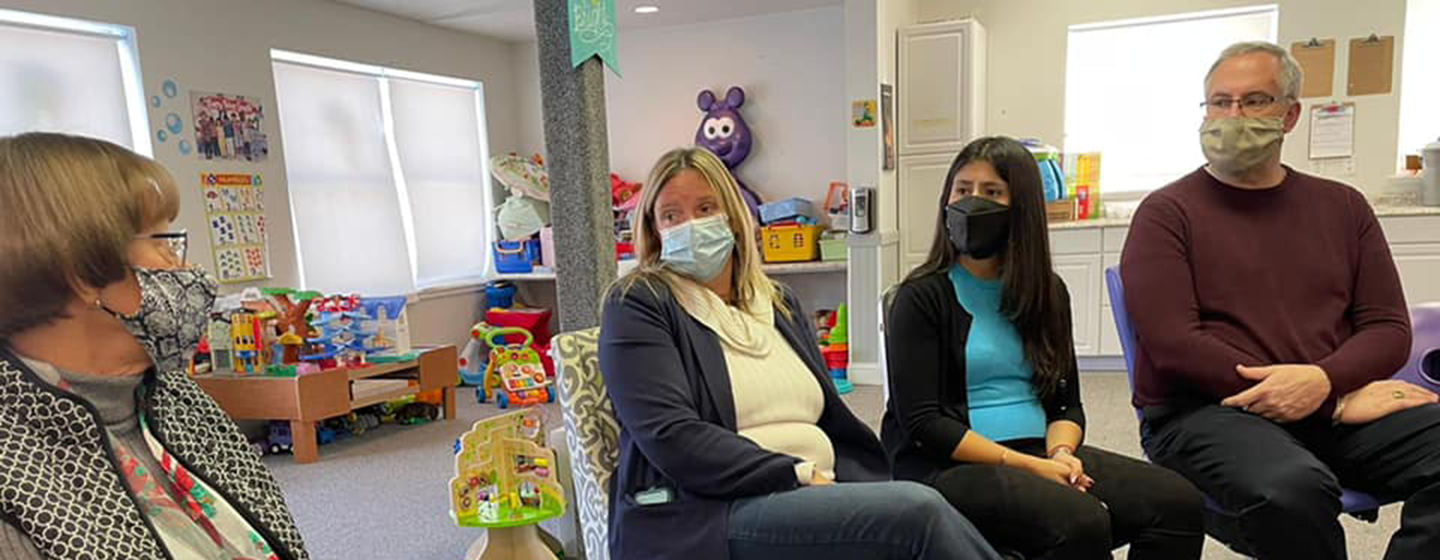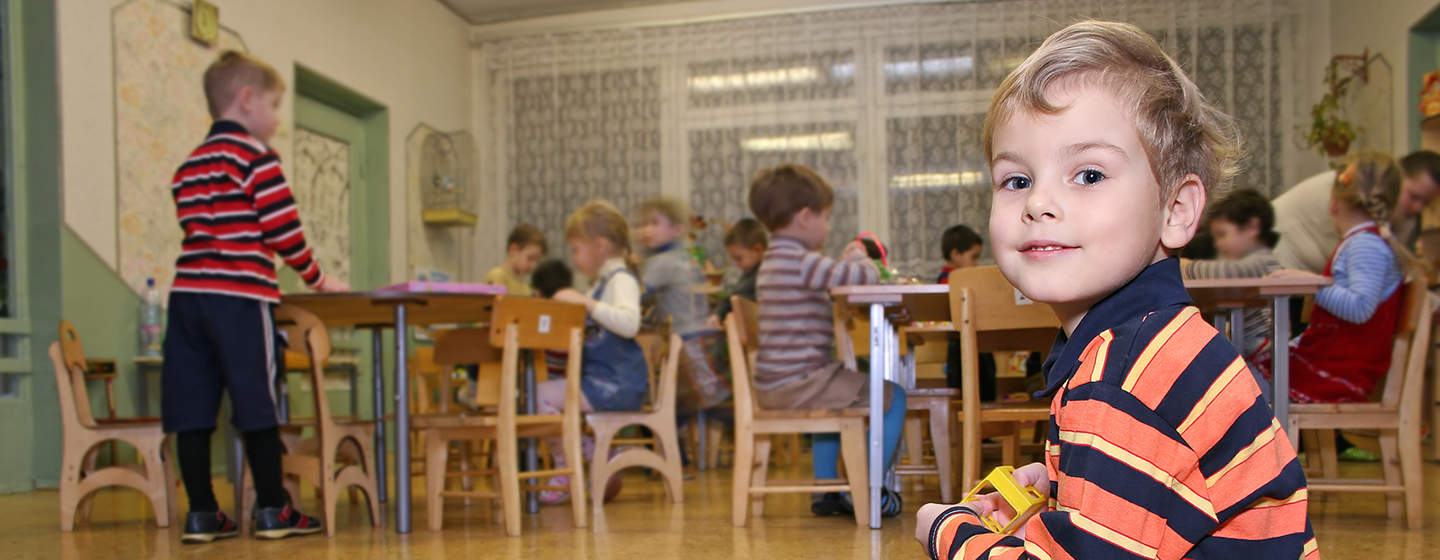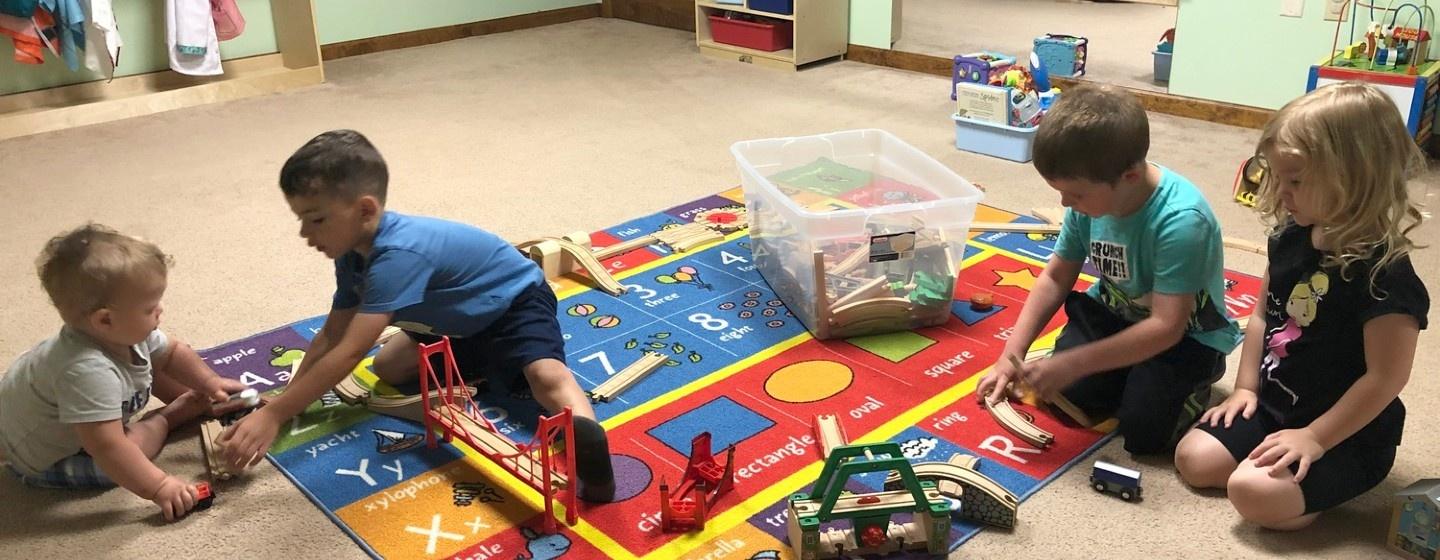Lawmakers Seek to Expand Access to Child Care, Boost Industry in New Bill

Access to Child Care in New York State
A new proposal to expand access to child care in New York and inject new funding into the struggling industry has been introduced in the state Legislature, which is expected to consider the issue as part of next year’s state budget.
The new bill, called the Early Learning Child Care Act, would create a new revenue stream to fund that expansion through a small tax on the state’s largest businesses.
It was introduced this week by Sen. Jessica Ramos, a Democrat who chairs the Labor Committee and Assm. Sarah Clark, D-Monroe. Ramos has crafted the legislation in recent weeks while meeting with child care providers across the state.
“We’re talking about our future,” Ramos said. “The better environment we can create for raising our children, that’s going to pay dividends in terms of innovation, in terms of entrepreneurship … This is investing early on.”
The legislation would provide free child care to any family that earns up to four times the federal poverty level, based on the size of the household.
The federal poverty level for a household of four is $26,500, for example. Multiply that by four, and you get $106,000. That means that, a family of two adults and two children with a household income of less than $106,000 would be eligible for free child care.
Families earning more than four times the federal poverty level would also receive financial assistance. The bill would create a sliding scale of financial aid for child care based on income, up to ten times the federal poverty level.
So, a family that earns less than six times the federal poverty level would have their child care costs capped at 2% of that household’s income, for example.
Those limits are allowed until a family’s household income exceeds 10 times the federal poverty level. The maximum out-of-pocket cost below that would be 7% of a household’s income, according to the bill.
For reference, ten times the federal poverty level for a family of four would be a household income of $265,000.
“We thought about what every single mom wants, and that is to have a safe place to drop off your child,” Ramos said. “Without question.”
At the same time, the bill would create new programs to offer financial assistance to struggling child care providers.
Through an application process, child care providers would be able to request state funding from their local social services agencies for general business costs, to retain and train staff, and pay for other business-related expenses.
A separate revenue stream would be dedicated to helping providers build out the necessary infrastructure for care, and expanding their physical space to accommodate more children when necessary.
Providers who receive financial assistance would be required to pay their workers, and themselves, at least $45,000 each year. That’s a big step up from what providers are typically paid now, which is around minimum wage, according to federal data.
The low pay associated with child care, and other service industry jobs, is typically cause for high turnover — a problem that plagues providers placed in precarious positions when staff can easily find a new, better-paying job.
Those opportunities would be funded through a new tax on businesses, which would be barred from passing down the cost of that tax to their employees.
The tax would also be set on a sliding scale, starting with employers that report more than $2.5 million in payroll expenses. Those businesses would pay a tax of half of 1% on their payroll expenses to fund the child care program.
The cap on that tax would be set at 1% for businesses with more than $10 million in payroll expenses. It would generate more than $5 billion each year to pay for child care, Ramos said.
“What the biggest businesses will be doing is investing in their workforce of tomorrow,” Ramos. “They’re helping parents get back to work right now, but they’re also investing in the children who are years away from working for them.”
New tax credits and incentives would also be available to providers under certain conditions, according to the bill.
One option would allow local social services agencies to incorporate certain child care providers into the state’s START-UP NY program, which currently allows some businesses in the area of public colleges and universities to forgo taxes for a period of 10 years.
Another would provide tax credits for child care providers that allow drop-in care, which is last-minute, temporary child care provided in emergencies.
The state Office of Children and Families would take the lead on the new law, which would create an all-encompassing Early Learning Child Care Program.
But the bill would also create the New York State Child Care Board, a panel of appointed officials that would advise the office on the program, including regulations set as part of its roll-out.
The board would also have the power to supersede OCFS by rejecting the agency’s rules, regulations, and orders related to the Early Learning Child Care Program. The board would be allowed to approve its own regulations and thresholds in their place.
Ramos’ bill is the second introduced this month to expand access to child care in New York.
Sen. Jabari Brisport, a Democrat from Brooklyn who chairs the Committee on Children and Families, released his own proposal following a separate statewide tour, to provide universal access to child care.
His bill would also seek to create new funding streams to assist providers and parents, and lay the framework toward no-cost, universal access to child care.
Both bills are expected to be considered by lawmakers and Gov. Kathy Hochul during next year’s legislative session, as the issue of child care secures top billing among electeds.
Next year’s legislative session is scheduled to begin in January.
Related
New York's child care industry is facing unique challenges coming out of the pandemic.

New Bill Carves Path Toward Universal Child Care in New York
The legislation is the result of a statewide child care tour led in recent months by Brisport, who met with child care providers, parents, government officials, and more.

Child Care Providers to Get Faster Access to Subsidy Payments Under New Hochul-Approved Law
The measure is expected to cut out some of the red tape that’s made it harder for child care providers to receive those payments, which the rely on for revenue.
Some parents may be pushed out of the workforce due to lack of child care


